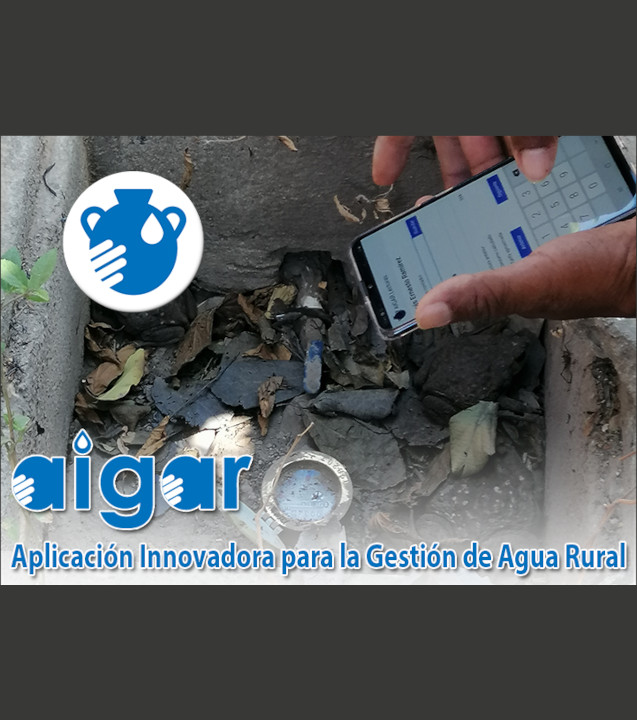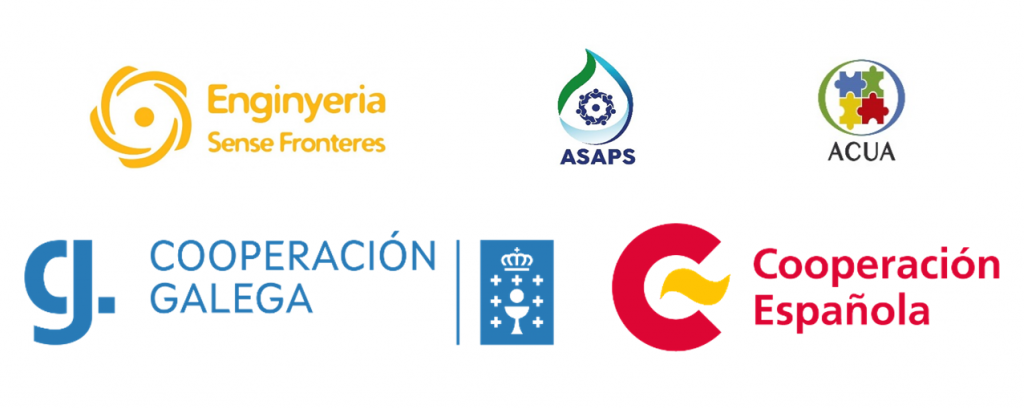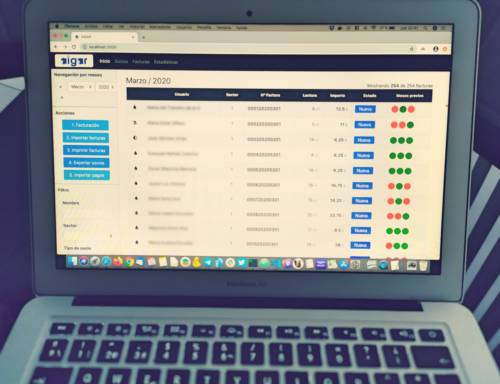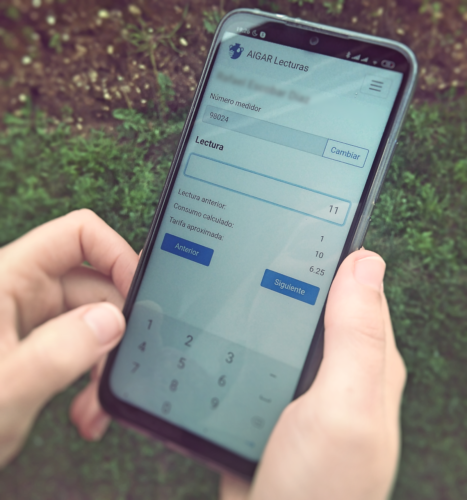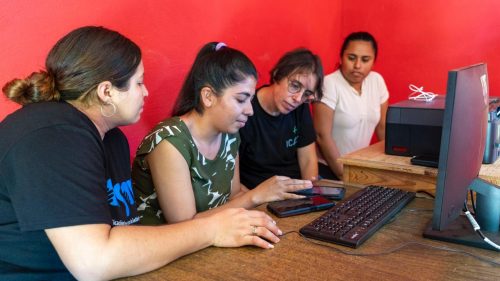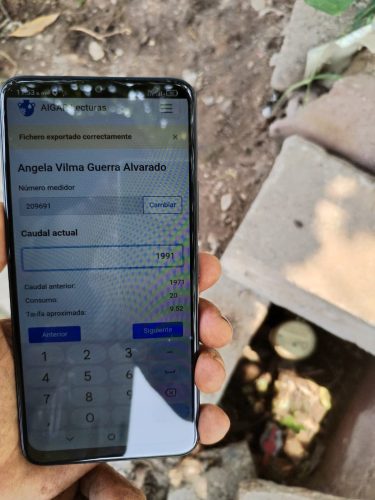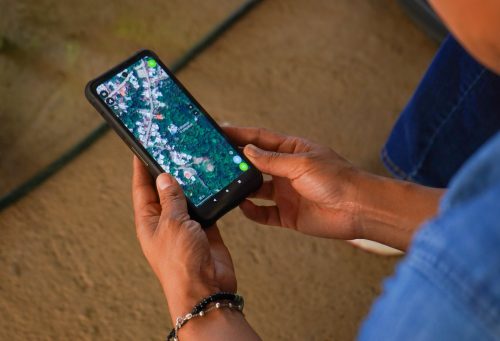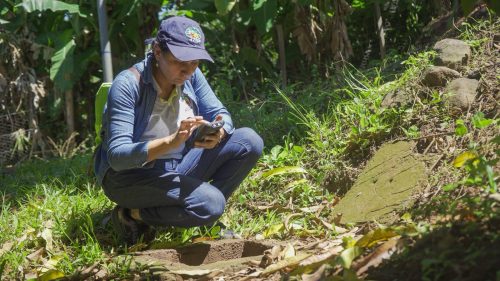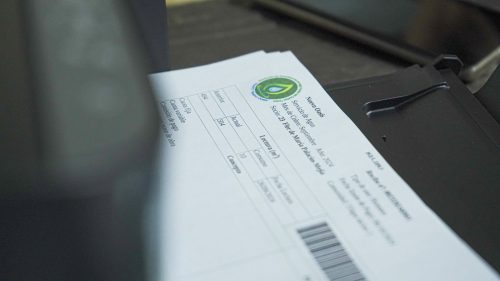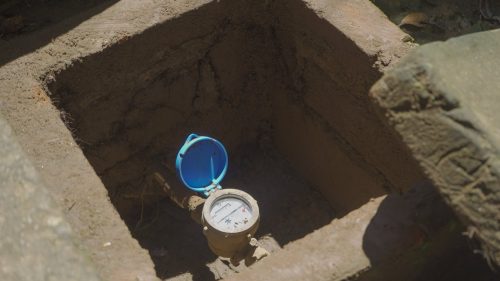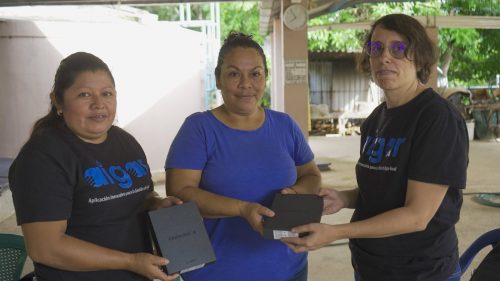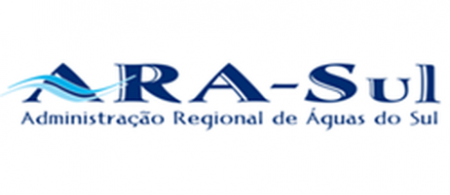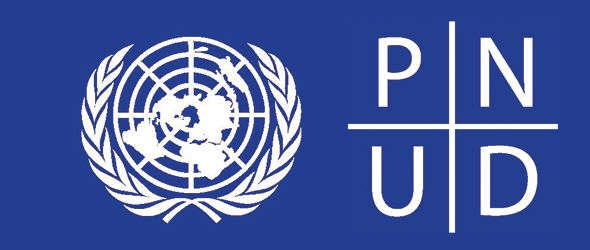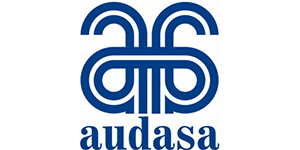iCarto developed the Innovative Administrative Management Application for Water Networks (AIGAR) and supported its implementation in seven rural water systems in El Salvador through various initiatives funded by the Spanish Agency for International Development Cooperation (AECID) through its Innovation calls and by the Galician Cooperation (Xunta de Galicia).
In 2018, together with ACUA and Engineering Without Borders, a pilot version was created using the working methodology of the ASCATLI Water Committee. Subsequently, a new version of AIGAR was developed with a configuration module that allows it to be adapted to any SAPS.
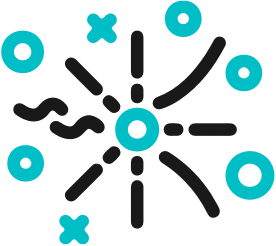
Problems posed by the project
Rural Water Committees in El Salvador responsible for managing their water systems face significant administrative and technical challenges.
The Association of Drinking Water and Sanitation Systems (ASAPS), with 21 partner water systems, identifies several administrative and operational weaknesses that hinder the management of water boards and communication with members/system users:
- Manual preparation of bills, as well as monitoring late payments.
- Paper readings.
- Slow processes, taking more than three days to complete the entire billing process (updating payments, preparing bills, etc.).
- Frequent errors throughout the entire process: readings, billing, and collections.
- Incomplete or disorganized records.
- Preparation of documents, invoices, and reports on paper.
- Poor traceability in payment and late payment management.
- Poor communication with users
Furthermore, Water Committees struggle to incorporate innovative technological tools. Those that exist are not adapted to the needs of the SAPS or the capabilities of the Water Committee’s staff and volunteers.
To innovate the administration and operation of Rural Drinking Water Systems using ICTs, ASAPS, with the support of ACUA and Engineering Without Borders, identified the most common problems in the administrative processes of SAPS Water Boards.
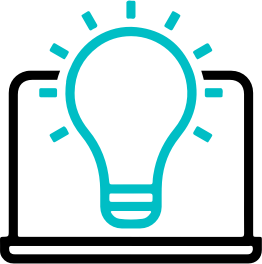
And how we solved them
iCarto contributes its experience in the introduction of new technologies in the context of Development Cooperation to solidify ideas and conduct a feasibility analysis in terms of costs, technology stack, and potential impacts of using software applications.
All stakeholders established common system needs and defined minimum requirements for designing the most appropriate innovative solution.
In 2019, the AIGAR system was designed with the specific needs of the ASCATLI Water System in mind. A new, configurable AIGAR 2.0 version was designed in 2024 for use by any Water System with up to 1,000 members.
iCarto develops the AIGAR system, which consists of a mobile application for meter readings and a desktop application for managing billing and the member database (cadastre), which provides consumption and payment statistics. These applications reduce the time spent on these tasks, reduce errors, and improve the information available to the Water Board for decision-making.
During the development of the applications, monitoring is carried out to incorporate methodological improvements in management that minimize the impact of the introduction of new technologies. Thus, ASAPS, with the support of iCarto and ACUA, has implemented a methodology that allows for the successful incorporation of AIGAR into water systems. This methodology includes cadastral reviews and database improvements; support for the first in-person billing; and continuous follow-up to resolve any queries during the first six months.
By August 2025, AIGAR will be used in seven water systems, benefiting 33 communities in El Salvador.

